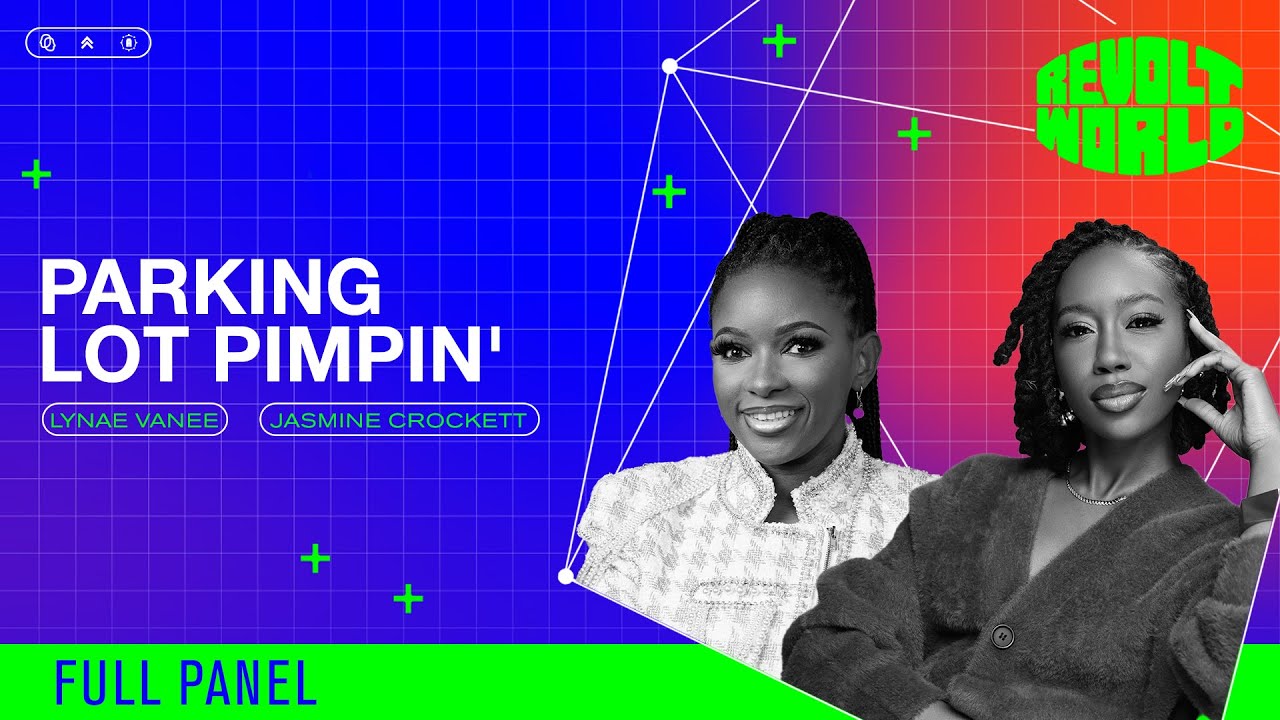In the hip-hop world, collaborations are often the magic behind hit tracks. Yet, not every potential partnership sees the light of day. Asher Roth’s chance with Q-Tip was one of those lost opportunities. In this story, we explore what went wrong with Roth’s dream of making music with his hip-hop hero.
Asher Roth, a name synonymous with late 2000s hits like “I Love College,” once found himself in a perplexing position. When industry decisions overpowered his creative aspirations, he missed the chance to work with one of his idols, Q-Tip. This piece unravels how Pharrell’s advice inadvertently led to a missed moment in music history.
The Unexpected Studio Session
Back in the day, Pharrell Williams was the go-to guy for chart-topping hits. Asher Roth, coming off the high of his breakout song, was paired with Pharrell by his label, Republic Records. They hoped for another major hit, thus throwing Asher into a whirlwind of music industry expectations.
Despite cooking up several potential tracks in the studio, Roth soon realized they weren’t resonating with his own creative vision. He wished to explore music reminiscent of The Pharcyde, but Pharrell had different ideas. Roth’s desire for artistic freedom clashed with the label’s commercial expectations.
Pharrell’s Influence
Pharrell’s influence on Asher was well-meaning but perhaps misguided. Roth recounts a conversation about the direction of his music where Pharrell advised him to wait on his artistic instincts. Roth said, “That was always the conversation, whether it was through Scooter or Pharrell.” This advice, however, lingered in Roth’s mind during a critical moment with Q-Tip.
The pressure to conform to hit-making formulas almost acted like a shadow, looming over Roth’s creative potential with the hip hop legend. The coaching to prioritize hits over personal vision held Roth back from seizing a career-defining moment with Q-Tip.
Meeting Q-Tip: A Lost Opportunity
Asher Roth’s story took a more personal turn when he finally stepped into the studio with Q-Tip. To Asher, Q-Tip was not just an artist, but a key figure in the kind of music world he admired.
The atmosphere was set for a magical session. Q-Tip asked Roth about his musical preferences. Asher, with previous advice echoing in his mind, mentioned ‘For the Nasty’—a misstep that quickly soured the mood, leading to a disconnect between the two artists.
The potential hit that could have marked a pivotal moment in Roth’s career never materialized. Instead, Roth described how he watched his dream collaboration slip away, describing it as “just ruining what could be a true experience.”
The Pressure of Making Hits
This wasn’t just Asher’s story. The music industry often places pressure on artists to deliver chart-topping tracks. This can stifle true creativity, as seen with Asher and others.
J. Cole, another artist from the same era, echoed this sentiment. He recalled similar pressure when tasked to work with Pharrell for his debut album. The demand for hits from both sides can overshadow the natural creative process, leaving potential magic unheard.
Cole’s experience, much like Asher’s, was described as tainted by these pressures. However, while their studio time with Skateboard P didn’t result in commercial success, they both still cherished the experience of working with such a notable producer.
Parallels in the Music Industry
Asher Roth and J. Cole’s stories reflect a broader narrative in the music industry. Labels often prioritize hits over artistic expression, leading to missed opportunities for unique collaborations.
In the studio, both artists faced similar circumstances, which altered the course of their music. The pressure to repeat past successes can dampen the enthusiasm and innovation needed to truly create something special.
Yet, the insights gained from these experiences remain invaluable to their artistic journeys. Both Roth and Cole have shared how these moments, despite their pressures, shaped their understanding of the balance between hits and artistry.
Reflecting on Artistic Freedom
Reflecting on these experiences, Asher Roth considers what might have been if the pressure wasn’t there. He muses over the importance of pursuing one’s true artistic desires rather than catering solely to commercial expectations.
The story serves as a reminder that every artist should strive for a balance—a sentiment that resonates widely within creative communities.
Despite the setbacks, Roth maintains an admirable perspective, valuing the lessons learned over what could have been. He continues to explore his creativity with the wisdom gained from these events.
What Could Have Been
The collaboration with Q-Tip might have changed Asher Roth’s career trajectory significantly. Imagine the fusion of Roth’s college-style rap with Q-Tip’s dynamic and intricate beats—it’s an idea that sparks curiosity.
However, imagining what might have been is only part of the story. Roth’s journey reminds us that the path not taken often holds as much value as the road traveled. The lessons learned are as significant as any hit single could have been.
Current Reflections
Even today, Roth often looks back on that moment with a mix of regret and acceptance. He acknowledges how his interactions, influenced by industry pressure, led to a difficult but enlightening lesson.
The music scene is rife with stories of potential that the industry mold sometimes overlooks. Roth’s tale is a reflection of this ongoing dynamic.
This journey through the ups and downs of Asher’s experience offers insights into the challenges artists face when balancing creativity with commercial demands.
Asher Roth’s tale serves as a fascinating lens into the music industry’s complexities. His experience with Pharrell and Q-Tip highlights the challenging path of staying true to one’s art amidst industry pressures. Though the collaboration with Q-Tip never happened, Roth’s journey remains a testament to creative perseverance.









